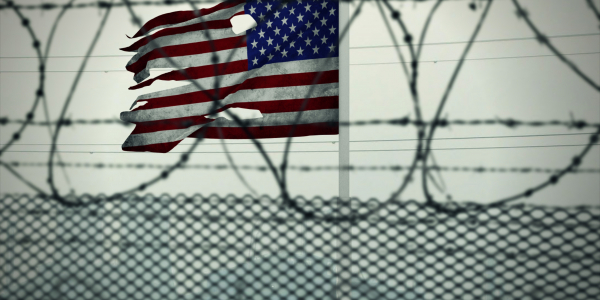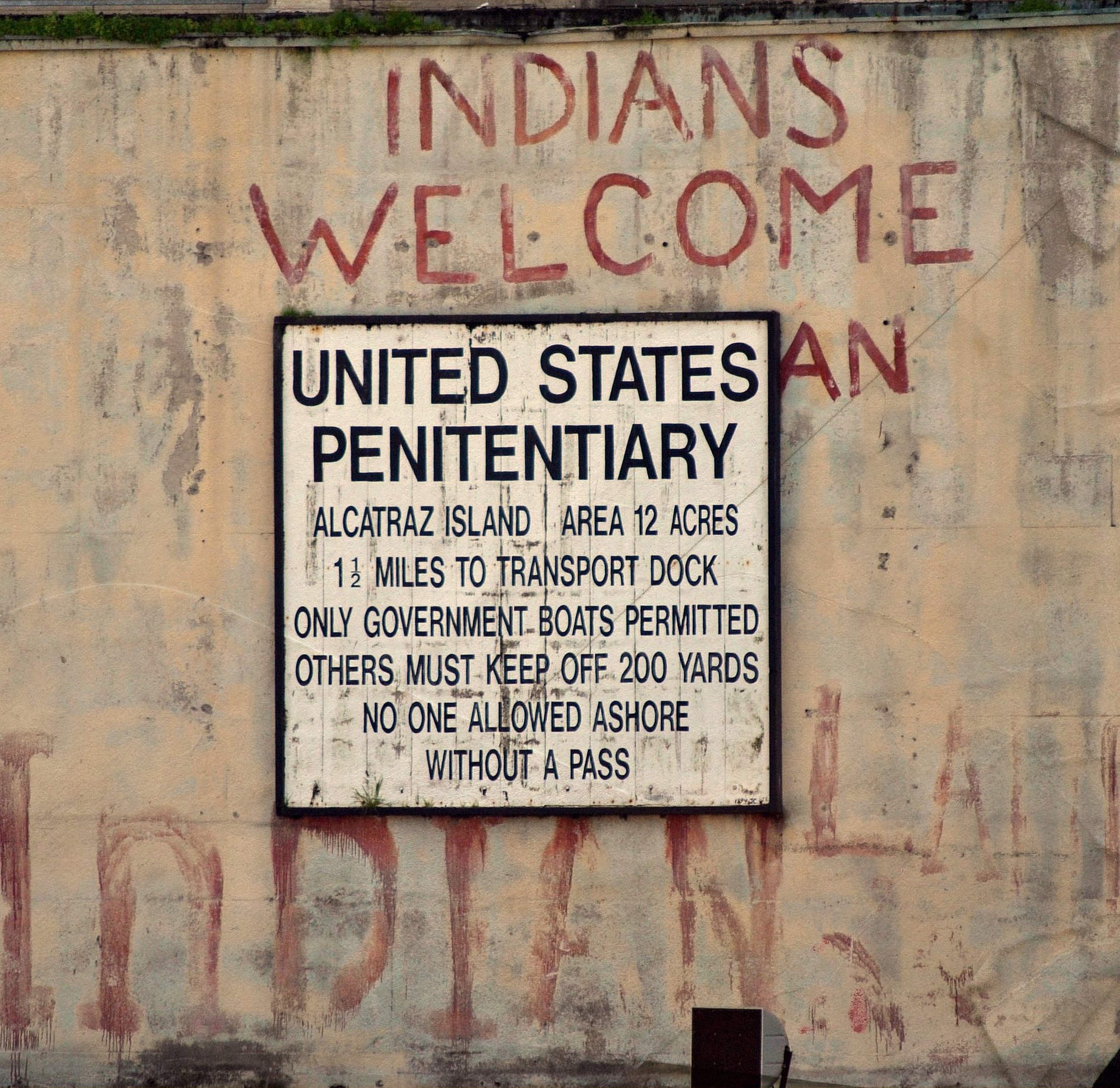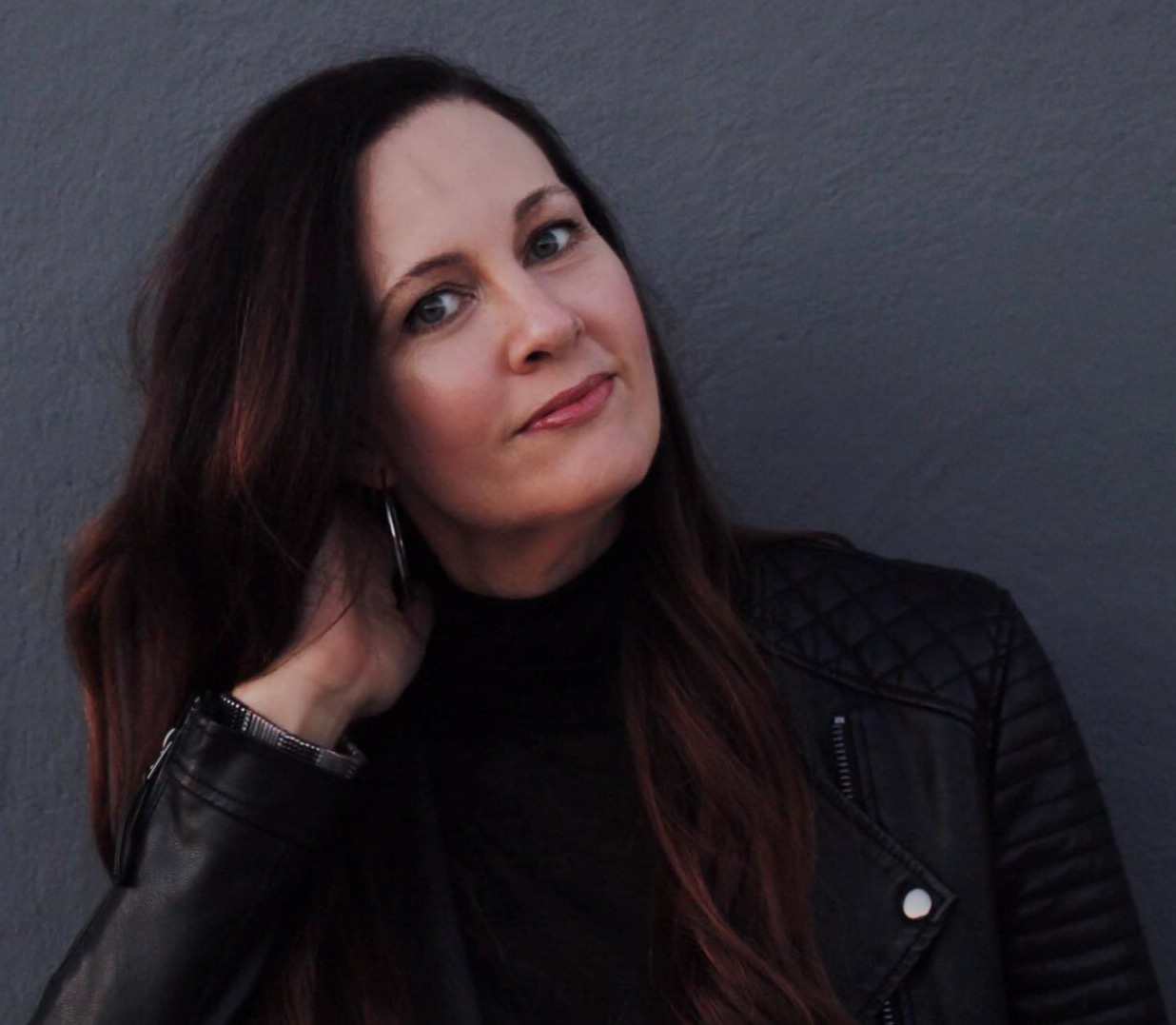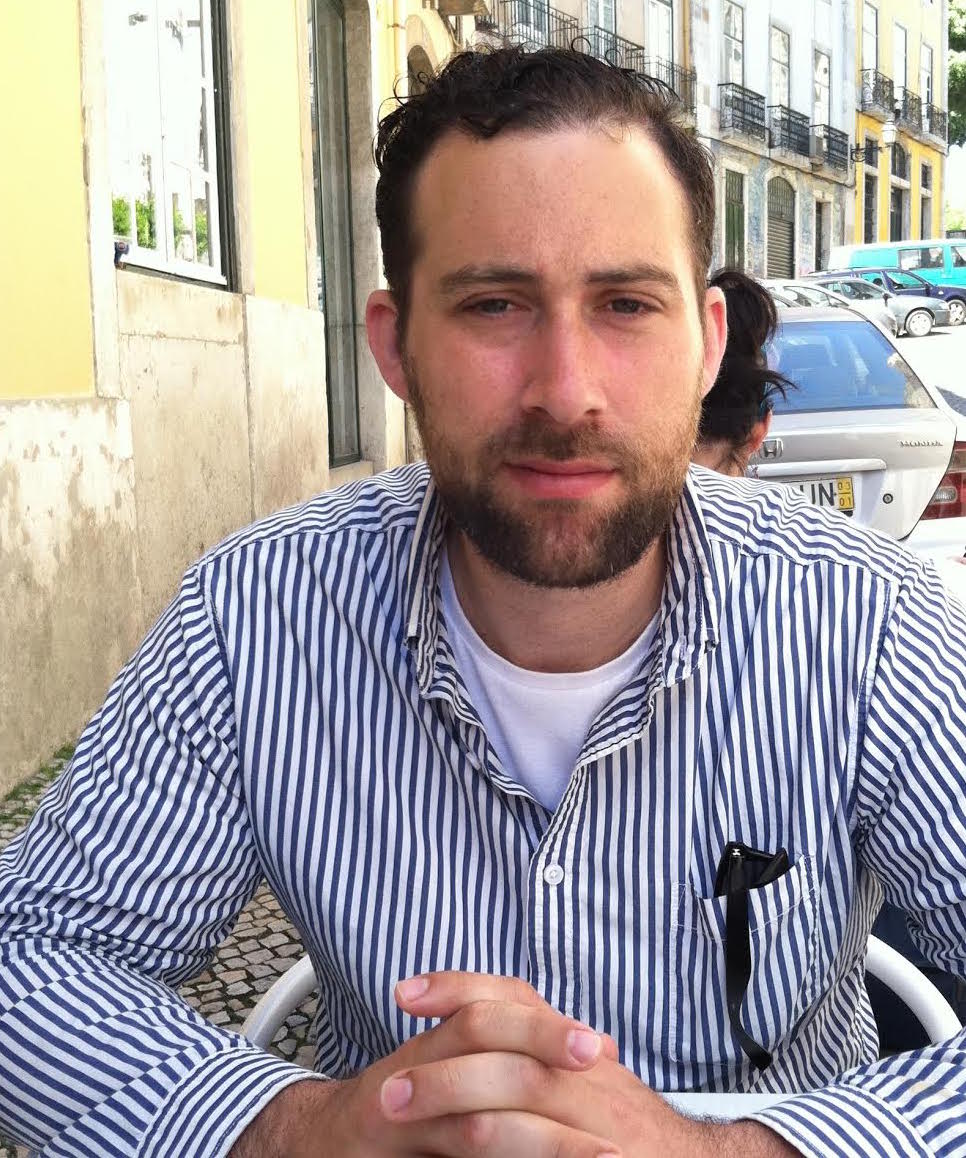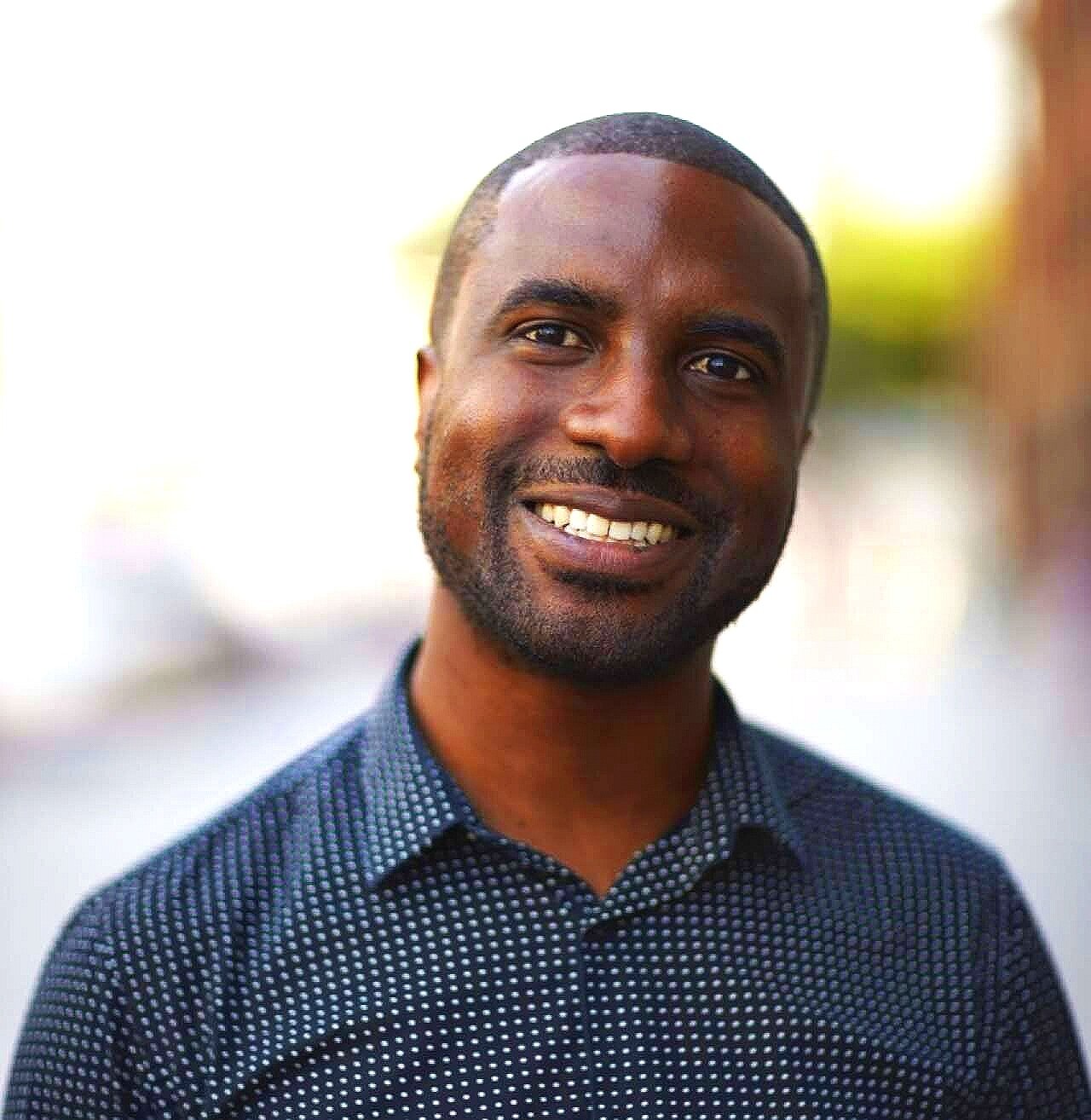Americanist Dinner Forum - Interrogating the Carceral State: Intersections in Native, Black, Latinx, Arab American, Asian American, Muslim American, Pacific Islander, and Gender Studies
All are invited for dinner and conversation on Wednesday, October 30th at 5:30pm.
Liza Black, Balraj Gill, Max Mishler, and Michael Ralph are the founders of the Quilting Collective, a collaborative space for educators to pursue scholarly and public-facing projects to further our understanding of carceral histories, cultures, and logics.
The Collective is currently editing a forum on “Native America and the Carceral State” for the American Historical Review’s AHR History Lab. The forum seeks to provide a new genealogy of the carceral state located squarely on Indigenous terrain. It does so from the perspective of Native peoples ensnared by a settler-colonial carceral continuum and whose politics therefore have necessarily involved evading or contesting state-sanctioned detention and confinement. The forum also asks if the “carceral state” is a profitable departure point for weaving together seemingly disparate histories and experiences with carcerality. The Collective will discuss this and other threads that create and reinforce intersections in Native, Black, Latinx, Arab American, Asian American, Muslim American, Pacific Islander, and Gender Studies.Liza Black (Cherokee Nation) is Associate Professor of History and Native American Studies at Indiana University Bloomington. Her forthcoming book How to Get Away with Murder: A Transnational History of Missing and Murdered Indigenous Women, Girls, and Two Spirits (Johns Hopkins University Press, 2025) examines how the police state and white supremacy generate the crisis of gendered violence against Native peoples in the Americas through six microhistories of solved and unsolved cases. Her first book, Picturing Indians: Native Americans in Film, 1941-1960 (University Nebraska Press, 2020), examines Native labor and representation in midcentury Hollywood westerns. She serves on council for the Native American and Indigenous Studies Association and the Western History Association and is a Series Editor for Native American Studies at University of Oklahoma Press. She is currently a Racial Justice Fellow at the Carr Center for Human Rights Policy at the Harvard Kennedy School, Harvard University.
Balraj Gill is an Indigenous Studies Postdoctoral Fellow at WashU. She is an interdisciplinary scholar who studies Native mobility and freedom and how they are legally, spatially, and socially circumscribed. Her book manuscript, Očhéthi Šakówiŋ Homelands, Carceral Colonialism, and the Making of the Deep North, is a history of carceral encounters and experiences of Očhéthi Šakówiŋ people with institutions developed and used by the United States and Canada to assert their authority over the First Peoples of the continent during the nineteenth and twentieth centuries. In her public-facing work, she is collaborating in a film and public history project called “Unsettling Massachusetts” and a multimedia repository called “Housework of the Movement” that examines the labor of women and gender-oppressed people in building social movements.
Max Mishler is Assistant Professor of History at the University of Toronto, where he specializes in the transnational histories of slavery and emancipation; the carceral state; capitalism; and social movements in American history. His current book project, Civil Slavery: Punishment, Abolition, and the Origins of the Carceral State, explores the intertwined history of slave-emancipation and penal servitude in the Atlantic world during the eighteenth and nineteenth centuries. This research has been supported by, among others, the Social Science and Humanities Research Council of Canada, the Social Science Research Council, and the McNeil Center for Early American Studies at the University of Pennsylvania. Mishler’s writing has appeared in The American Historical Review, Histoire Sociale / Social History, Social Text, and Boston Review.
Michael Ralph is Professor and Chair of Afro-American Studies at Howard University, where he is also the founding director of the Center for Equitable Economy and Sustainable Society. An historical anthropologist, he also teaches at the New York University School of Medicine. His research integrates medical anthropology, finance, and politics through an explicit focus on algorithms, actuarial science, forensics, debt, slavery, and incarceration. He recently published a graphic novel, Before 13th (HarperCollins, 2024), that explores the friendship and feud between Ida B. Wells and Frederick Douglass to offer insights about slavery and incarceration. His digital humanities project, Treasury of Weary Souls, is a collection of more than 1,300 insurance policy records, the first resource to consolidate policy information on the practice of insuring enslaved persons treated as cargo on transatlantic vessels and enslaved workers in some of America’s most dangerous and lucrative industries. His book, Forensics of Capital (University of Chicago Press, 2015), examines Senegal’s international standing to show how credit and debt enforcement operates in the formation of nation-states.
The rsvp deadline for this event has passed, please contact Alison Eigel Zade (ealison@wustl.edu) to be added to the waitlist.

